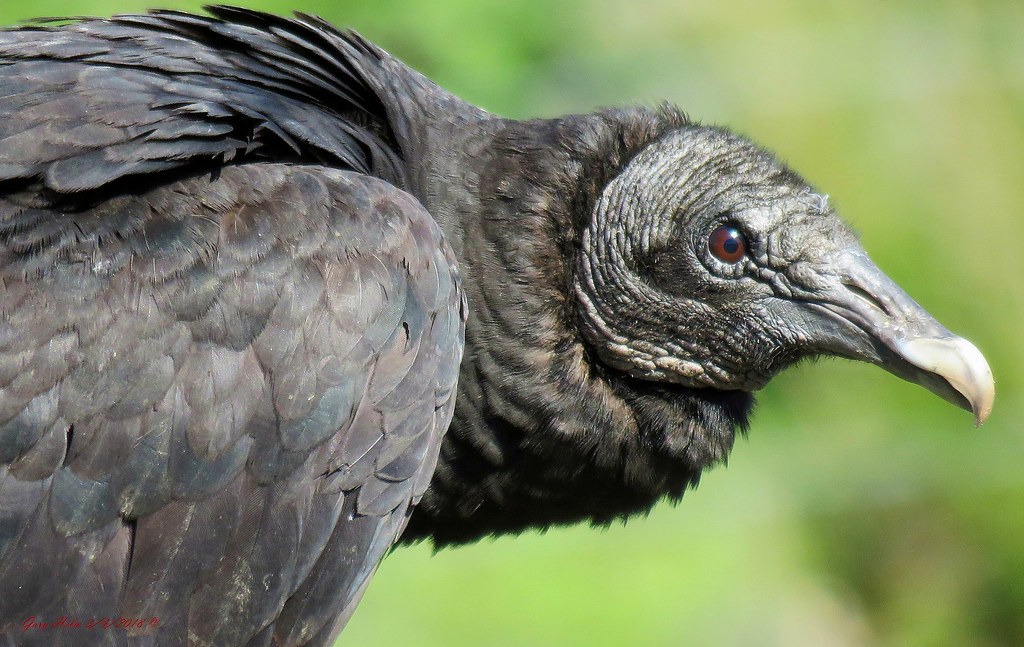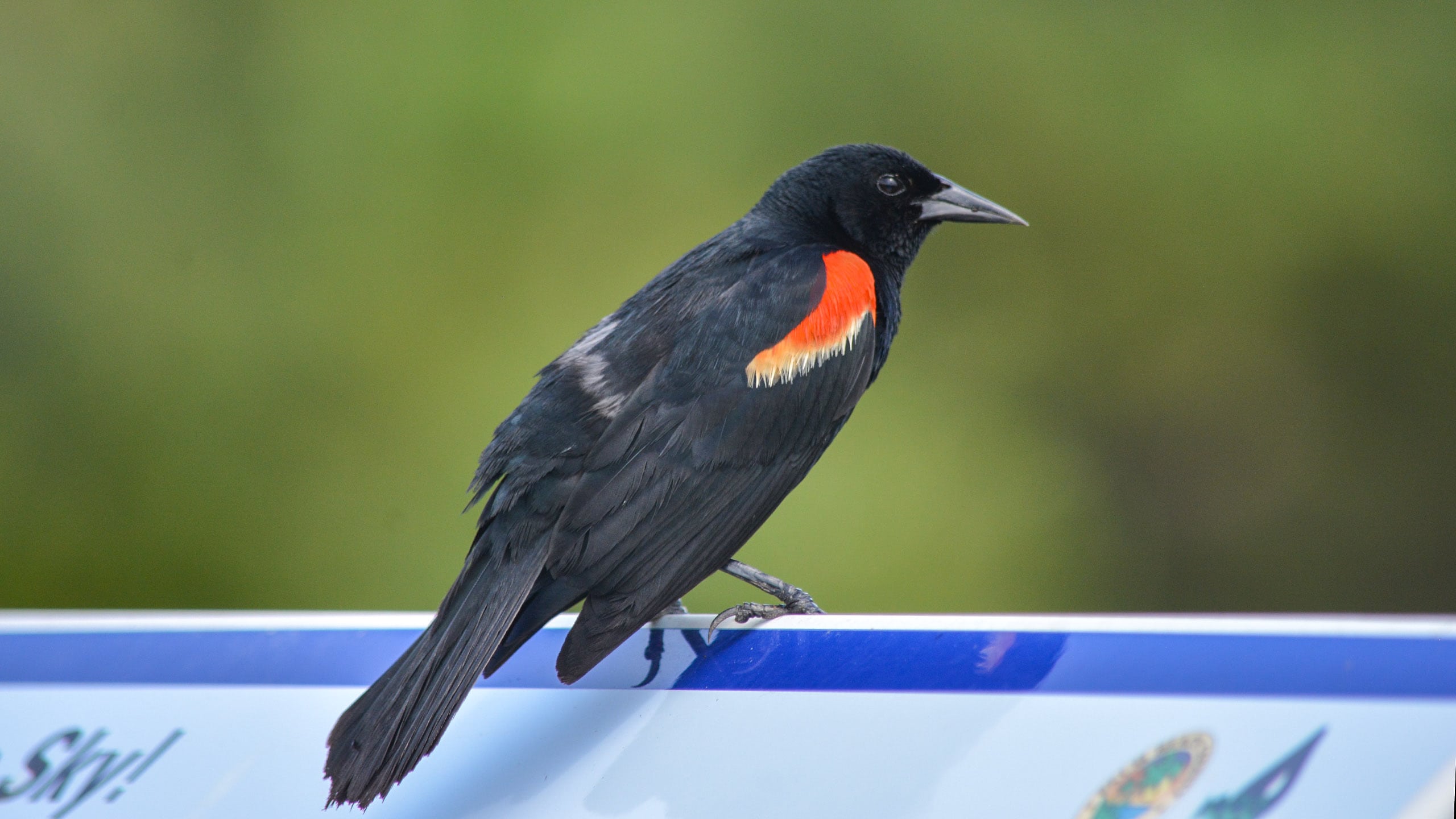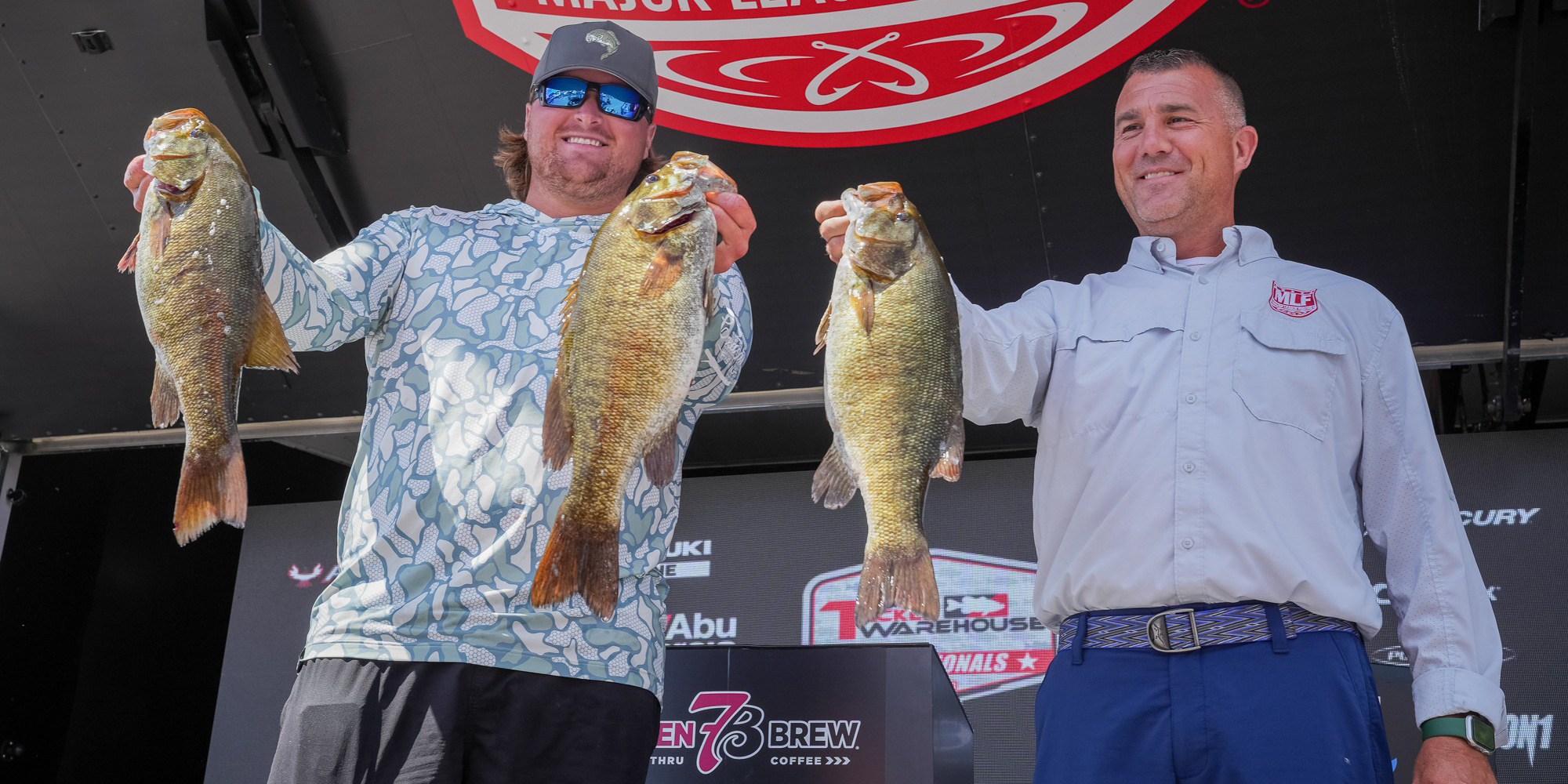Vultures in Florida are more than just large birds with impressive wingspans; they play a crucial role in our ecosystem. While they might not win any popularity contests, these fascinating creatures are vital to keeping our environment clean and balanced. In this article, we’ll dive into the world of vultures, exploring their habitat, diet, and how they help Florida’s natural world. Whether you’re a bird enthusiast or just curious about the wildlife in your backyard, read on to learn all about vultures in Florida.
What Are Vultures?
Vultures are large birds known for their scavenging habits. Unlike many birds of prey that hunt live animals, vultures prefer to eat animals that are already dead. This might sound a bit gross, but it’s actually a very important job. By cleaning up carcasses, vultures help prevent the spread of diseases and keep the environment healthy. In Florida, we have two main types of vultures: the Turkey Vulture and the Black Vulture. Aslo read Vero Beach, Florida: Everything You Need to Know About Its Zip Code
The Turkey Vulture
The Turkey Vulture is one of the most common vultures in Florida. You can easily spot them soaring in the sky thanks to their large, dark wings and a distinctive red head. Despite their somewhat spooky appearance, Turkey Vultures are gentle giants. They use their keen sense of smell to find food, which is quite unusual among birds. Most birds rely on sight to find their meals, but Turkey Vultures have specialized nostrils that help them detect the scent of decay from miles away.
The Black Vulture
The Black Vulture is another common sight in Florida. Unlike the Turkey Vulture, Black Vultures have a dark, almost black plumage and a white patch on the underside of their wings. They are slightly smaller than their Turkey Vulture cousins but are equally effective at their job. Black Vultures are known for their social behavior; they often roost and feed in groups. This social structure helps them locate food more efficiently and provides safety from potential predators.
How Vultures Help the Environment
Vultures play a crucial role in maintaining a healthy ecosystem. Their scavenging helps to keep the environment clean by disposing of dead animals. This cleanup crew helps to prevent the spread of diseases that can occur when carcasses decompose and attract other pests. Without vultures, dead animals would take much longer to decompose, leading to an increased risk of disease for other wildlife and even humans.
Vultures are also nature’s recyclers. They break down and consume the remains of dead animals, turning them into nutrients that can be returned to the soil. This process helps to enrich the soil and supports the growth of plants, which in turn supports other wildlife. So, the next time you see a vulture, remember that they are doing an important job for the environment.
Vultures and Their Habitat
In Florida, vultures can be found in a variety of habitats, from forests and swamps to open fields and urban areas. They are highly adaptable birds and can live in many different environments as long as there is enough food available. In urban areas, vultures often find food in roadkill or trash, which is why they are sometimes seen near highways and landfills.
Vultures build their nests in high places, such as tall trees or cliff edges. They don’t construct elaborate nests; instead, they often use simple platforms made of sticks. The female vulture typically lays one to three eggs, which both parents take turns incubating. After the eggs hatch, both parents care for the young vultures, feeding them and keeping them safe until they are ready to fledge, or leave the nest.
The Importance of Vultures in Florida’s Ecosystem
Florida’s diverse ecosystems benefit greatly from the presence of vultures. In wetlands, for example, vultures help to keep the environment clean by feeding on dead fish and other animals. In forests and woodlands, they play a similar role by consuming the remains of larger mammals. This natural cleanup helps to prevent the spread of disease and keeps these ecosystems healthy.
In addition to their role in cleaning up the environment, vultures also contribute to biodiversity. By feeding on carcasses, they help to control the populations of other scavengers, such as rats and coyotes, which might otherwise become a problem if not kept in check. This balance is crucial for maintaining a healthy and functioning ecosystem.
Threats to Vultures
Despite their importance, vultures face several threats that can impact their populations. One major threat is habitat loss. As human development expands, vultures lose their natural habitats and food sources. This can make it harder for them to find suitable places to live and find food.
Another threat to vultures is poisoning. Sometimes, vultures accidentally consume poison that is meant for other animals. This can happen when they eat carcasses that have been poisoned or when they come into contact with toxic chemicals. Poisoning can have serious effects on vulture populations, as it can lead to widespread deaths and reduce the number of vultures that are available to perform their important ecological role.
Additionally, vultures can be affected by collisions with vehicles, especially in areas with high traffic. When vultures feed on roadkill, they are at risk of being hit by cars, which can lead to injury or death. Efforts to reduce roadkill and increase awareness about the dangers faced by vultures can help to mitigate this threat.
Conservation Efforts for Vultures
Conserving vultures requires a multi-faceted approach. Protecting their habitats is crucial to ensuring that vultures have the space they need to thrive. This can involve setting aside protected areas where vultures can live and find food without being disturbed by human activities.
Efforts to reduce poisoning are also important. Educating people about the dangers of using toxic chemicals and promoting alternative methods for managing pests can help to protect vultures from accidental poisoning. Additionally, organizations and wildlife groups work to monitor vulture populations and address any issues that arise.
Road safety measures can also play a role in vulture conservation. For example, installing signs to alert drivers to the presence of vultures on the road can help to reduce vehicle collisions. Roadkill management strategies, such as removing dead animals from roadways quickly, can also help to reduce the risk of vultures being hit by cars.
How You Can Help
You don’t have to be a wildlife expert to help protect vultures in Florida. Here are some simple steps you can take to support these incredible birds:
- Be Mindful of Wildlife: When driving, stay alert and watch for animals crossing the road. This can help prevent accidents involving vultures and other wildlife.
- Support Conservation Efforts: Contribute to organizations that work to protect vultures and their habitats. Your donations can help fund important conservation projects.
- Educate Others: Share information about vultures and their role in the ecosystem with friends and family. The more people know about the importance of vultures, the more support they will receive.
- Report Injured Vultures: If you come across an injured or sick vulture, contact a local wildlife rehabilitation center. They can provide the care needed to help the bird recover.
Fun Facts About Vultures
To wrap up our exploration of vultures in Florida, here are some fun facts that you might find interesting:
- Vultures Have Great Digestion: Vultures have incredibly strong stomach acids that can digest harmful bacteria and diseases. This helps to ensure that they don’t spread diseases to other animals.
- Vultures Can Soar for Hours: Vultures are expert fliers and can soar high in the sky for hours without flapping their wings. This allows them to cover large areas in search of food.
- They Play a Key Role in Mythology: In some cultures, vultures are seen as symbols of renewal and transformation. Their role in cleaning up the environment and recycling nutrients has earned them a place in various myths and legends.
- Vultures Have Strong Beaks: Their beaks are designed for tearing flesh, which helps them to consume their food efficiently. This is one of the reasons why they are so effective at their scavenging role.
Conclusion
Vultures in Florida are much more than just birds that soar through the sky. They are essential to maintaining the balance of our ecosystems, playing a crucial role in cleaning up dead animals and recycling nutrients back into the environment. By understanding their importance and supporting conservation efforts, we can help ensure that these incredible birds continue to thrive. Next time you see a vulture, take a moment to appreciate the vital work they do and the beauty of nature’s cleanup crew.





